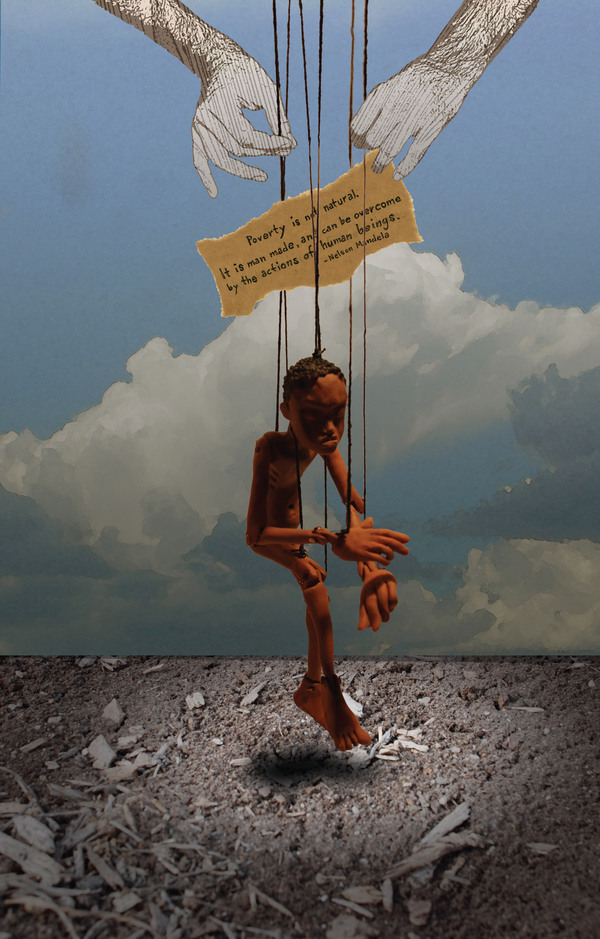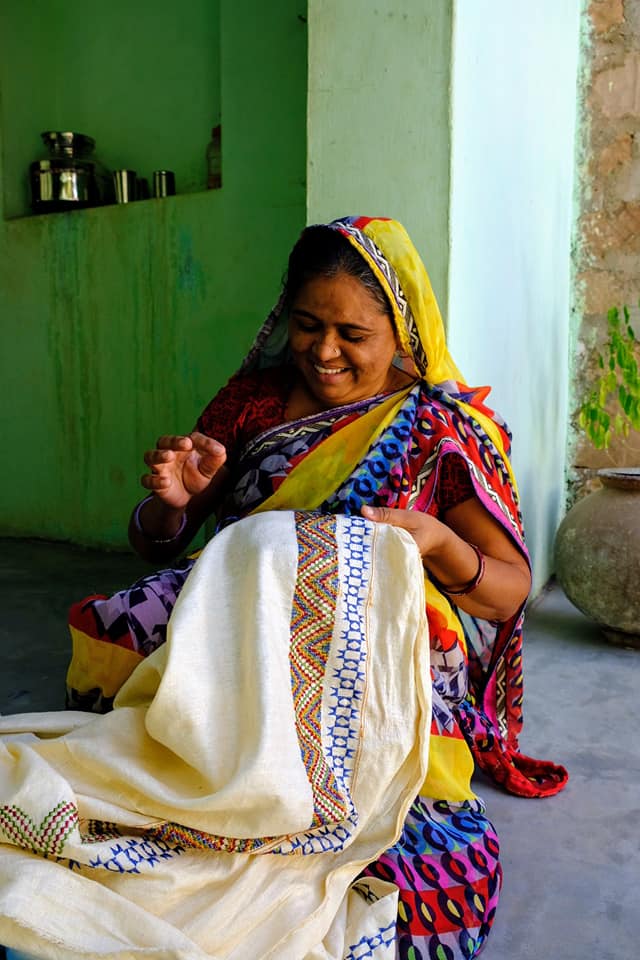
Contributed to The Analyst New Zealand by Dara McNaught© 2020
When I was working for a small non-profit organisation a while back the regular e-newsletters we provided were a crucial service.
Lacking a teenager with requisite knowledge in the family, I took my grey hairs along to a short course at our local Adult Education Centre to learn how to use digital photography and other skills so we could enhance the publication.
In her letter (23.9.20) Jo Bowler suggests that political parties budget for a return to these night classes as they ‘could provide big returns for a tiny part of the Budget.’ What makes them so valuable?
Community Education courses across the country – 1,000 of them in small towns and big cities with 220,000 enrolments and climbing – provided a range of entry-level courses for people seeking to learn new skills including, yes, literacy and numeracy.
PriceWaterhouseCoopers at the time described the government’s return on investment of $16 million as yielding a return of $4.8-$5.3 billion in value – that’s a return of 50 times the original, which would be any investor’s dream.
Yet one of the John Key government’s first decisions back in 2009 was to stop funding for the 100 year old Adult Education Community classes around the country.
Fees for the courses – originally set up as Workers Education Classes – were always modest so poorly paid people could afford them. A glance through the range and number of courses being offered by West Auckland alone in 2009 showed 331 classes at 15 different locations, mainly schools whose assets were unused at nights and welcomed their use in this way.
For jobseekers, short courses offered essential skills such as improving your written English, how to put together a CV, or writing effective business letters.
For business start-ups there were classes in basic accounting and on how to design your own website.
Language classes offered Te Reo, Chinese (Mandarin), Arabic, German, Japanese, Korean, Samoan. Classes teaching English as a second language.
Cooking classes provided a superb meeting place to learn and exchange methods of Indian, Chinese, Thai, Japanese, Middle Eastern and African cooking. Helping immigrants and refugees to integrate into our fractured communities. Cooking, like language, transmits culture.
There were classes in first aid, health and fitness, such as pilates, Tai Chi, yoga, dance classes, and organic gardening.
There were the art classes – learning pottery or mosaics or drawing, or oil or watercolour painting. Beginner guitar and flute playing classes. Creative writing. All immeasurably valuable for healthy brains.
The list goes on. Building knowledge and understanding. Linking people across neighbourhoods into communities of mutual interest.
Neuroscientists consistently report that the brain is like a muscle: the more you use it the more resilient it will be. Learning new skills stimulates your brain, so you remain a better employment prospect (and hence taxpayer).
Reinstatement of the Adult Education Classes would be a remarkably cost-effective investment in re-skilling people for a drastically changing employment market as well offering low cost practical ways of strengthening communities of interest in our disparate world.
Dara McNaught is a freelance writer. She is a former health social work manager.









